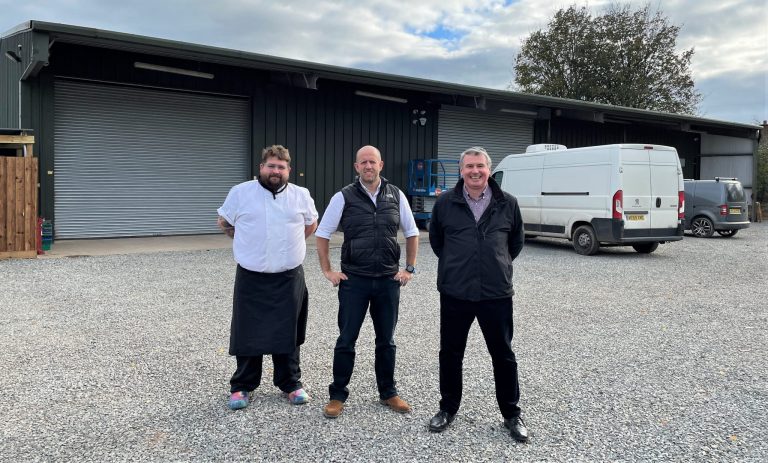Chilled Pubs Group snaps up modern food grade unit in Derbyshire
Further deadline extension for Pendragon takeover bid
Back in September Pendragon received an unsolicited, preliminary and conditional proposal from Hedin Group regarding a possible cash offer for the entire issued and to be issued share capital of Pendragon at 29 pence per share, valuing it at £400m.
Then on 24 October, Pendragon confirmed that the put-up or shut-up deadline had been extended to 21 November to allow Hedin Group to finalise its necessary due diligence.
Now, “in order to finalise the necessary transaction documentation,” the company has requested and been granted an additional extension to the date by which Hedin Group is required either to announce a firm intention to make an offer for Pendragon or to announce that it does not intend to make an offer.
This must now be made by 9 December 2022.
Another bid for the firm however may yet be made, following speculation reported by The Telegraph that Constellation Automotive, the group behind Webuyanycar and Cinch, could launch a rival offer. Pendragon recently found itself embroiled in a $60m ransom demand after a cyber security breach.Black Friday: East Mids cyber security expert warns shoppers to be vigilant
Proposed Long Eaton Cultural Hub development scrapped to secure other regeneration projects
J Tomlinson awarded two-year contract for council home improvements
Tiles UK demolition paves the way for new £5m business and retail space in Stapleford
Midlands businesses raise £110m in venture capital investment amidst global economic challenges
Sainsbury, Tesco and M&S Xmas supplies hit as Lincolnshire food factory strikes
Corporate insolvencies rise by over a third as tougher economy bites
A sharp rise in the number of corporate insolvencies is highlighting the devastating effect on local businesses of rising inflation and falling consumer confidence, with increased numbers closing down voluntarily as trading conditions become insurmountable for some.
The warning comes from the Midlands branch of insolvency and restructuring body R3 and follows latest statistics published by the Government’s Insolvency Service which show that corporate insolvencies in England and Wales increased by 38.2% in October 2022 to a total of 1,948 compared to October 2021’s total of 1,410, and by 15.7% compared to September 2022’s figure of 1,684.
October 2022’s corporate insolvency numbers are also 31.9% higher than the October 2019 figure of 1,477.
R3 Midlands chair Eddie Williams, a partner at PwC in the East Midlands, said: “The monthly rise in corporate insolvencies is driven by an increase in Compulsory Liquidations, Creditors’ Voluntary Liquidations and Administrations.
“Rising inflation, spiralling energy costs, the end of temporary insolvency legislation and a lack of post-COVID bounce-back have all hit hard on local businesses, resulting in more directors choosing to close their companies down and more creditors calling in debts to balance their own books.
“On top of this, business owners are worried about the prospect of an imminent and prolonged recession and where they’ll find the money to meet employees’ requests for increased pay as running costs increase and profits disappear.
“The jury is still out on whether the Christmas trading period, which will include an unseasonal football World Cup, will generate the traditional boom many businesses are hoping for or whether disappointing sales over the festive period will lead to companies turning to an insolvency process to resolve their financial issues.
“Now is the time for those businesses with cashflow issues and concerns over future trading to seek advice from a qualified professional, rather waiting until the problem worsens.
“Most R3 members will give an hour’s free consultation to potential clients to enable them to understand more about their circumstances and to outline the options available to help them improve their situation.”












